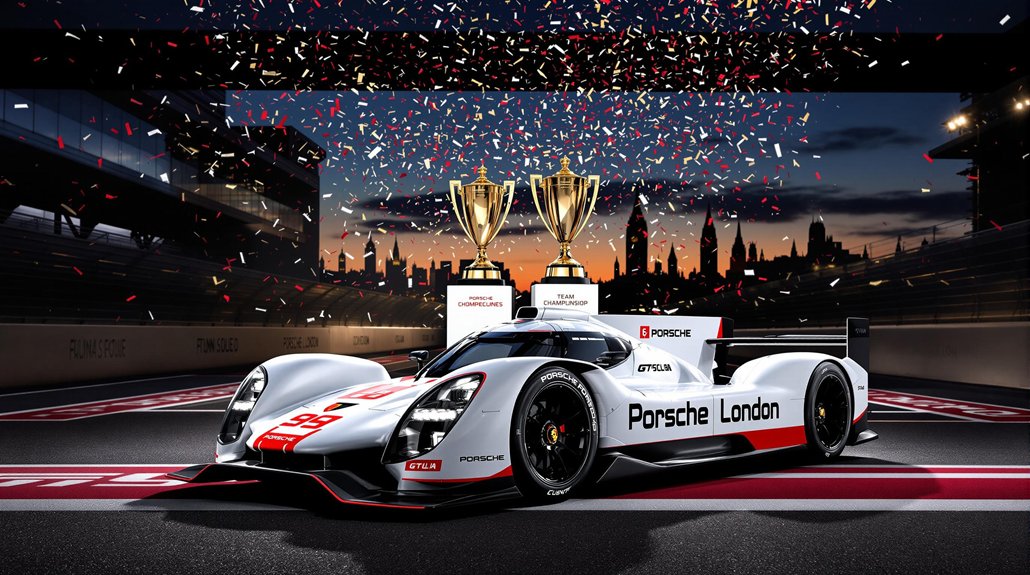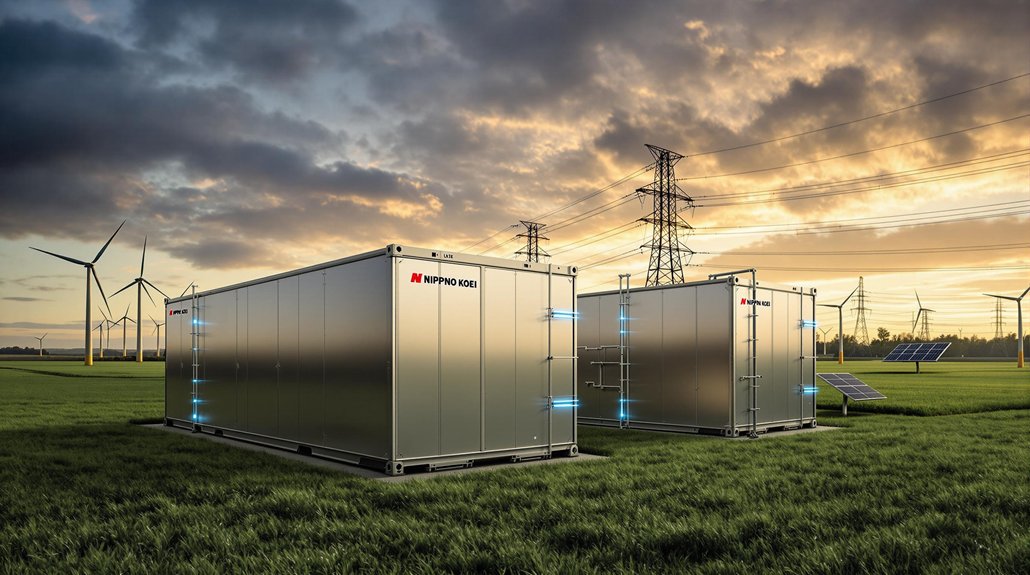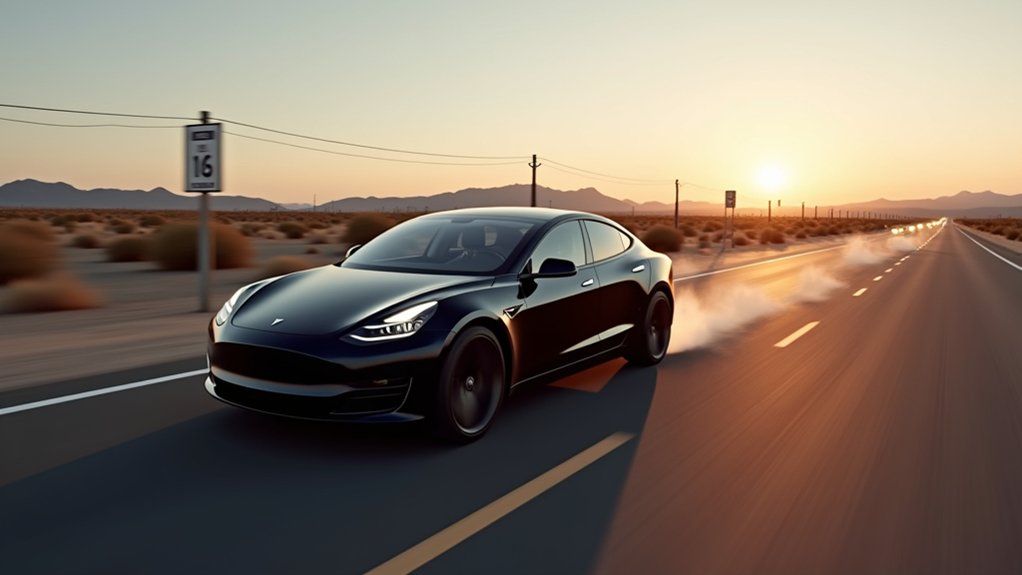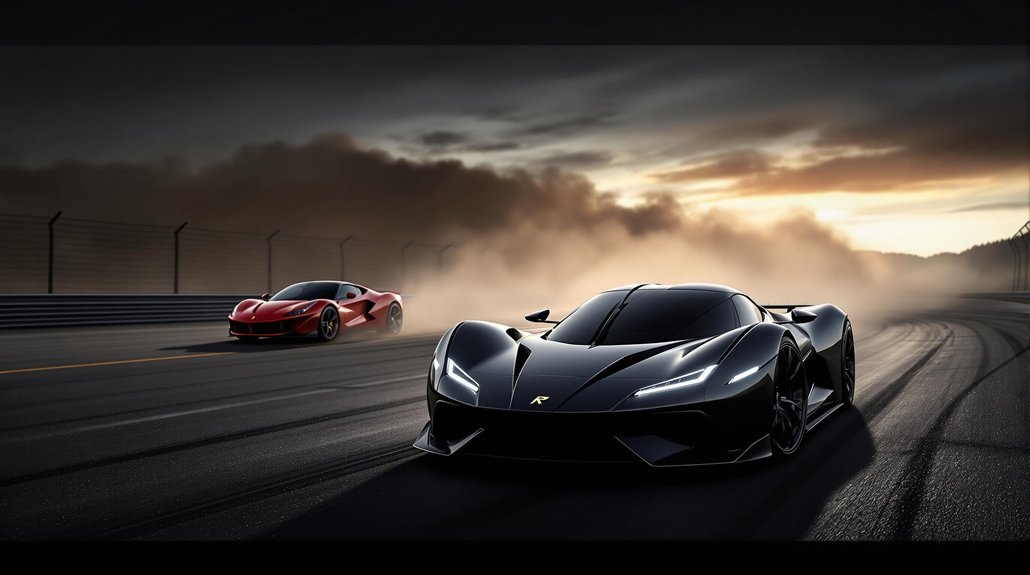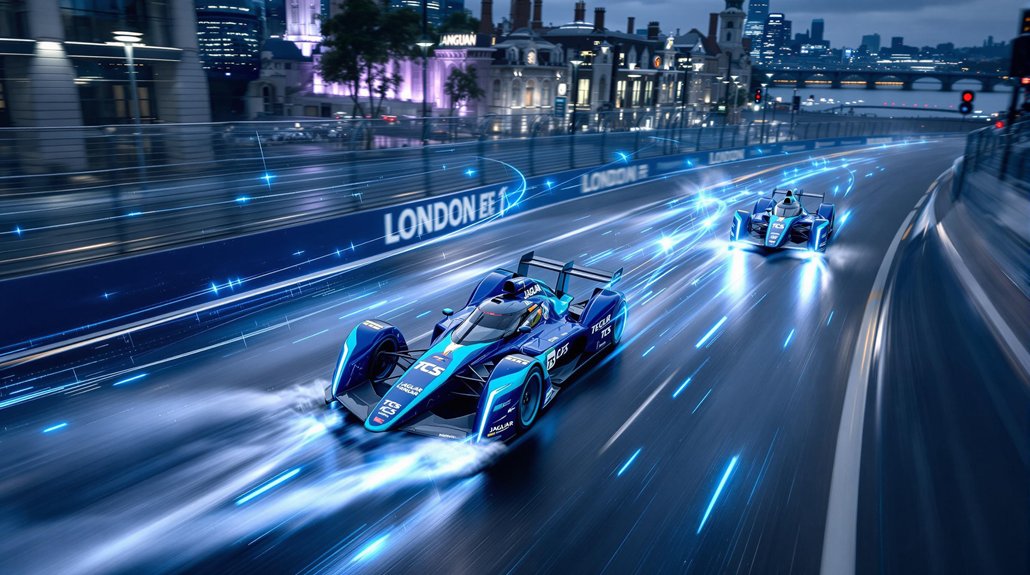Porsche roared into the history books by clinching both the Teams’ and Manufacturers’ World Championship titles in Formula E for the first time in 2025, establishing an unprecedented dual-crown achievement for the Stuttgart-based automaker. The Weissach outfit, having secured only the Drivers’ title with Pascal Wehrlein in 2024, completed their trophy cabinet with a commanding performance throughout the season. Decisive points accumulated at the London finale cemented their position ahead of closest rivals Nissan and Jaguar.
Porsche’s dual-championship capture in Formula E marks a historic milestone for the Stuttgart powerhouse after years of strategic development.
The German manufacturer leveraged an extensive racing strategy that maximized the contributions of both factory and customer teams. Andretti Formula E and Cupra Kiro proved instrumental in the manufacturers’ standings, delivering vital points when most needed. This collaborative approach netted Porsche a total of seven wins from factory entries, while the innovative 99X Electric GEN3 Evo platform contributed eight victories overall.
Technical excellence underpinned Porsche’s dominance, with improved energy management systems giving their cars the edge in critical moments. The 99X’s regenerative braking efficiency—operating at 350kW—allowed drivers to extend their performance windows by 3.6% compared to rivals. The team’s mastery of the unique indoor-outdoor track layout at the ExCeL exhibition center proved particularly advantageous in varying weather conditions. The net-zero carbon status of the championship aligned perfectly with Porsche’s sustainability goals in motorsport. The insights gained in Formula E have directly contributed to production sports cars development, especially the Taycan Turbo GT. This technological advantage, I’ve observed, frequently determined race outcomes in Formula E’s notoriously tight finishes.
António Félix da Costa emerged as Porsche’s standout performer with four individual race wins, complemented by Wehrlein’s five podium finishes. Customer team pilot Jake Dennis consistently delivered points for Andretti, while David Beckmann’s timely contributions for Cupra Kiro at the season finale proved decisive in the manufacturers’ race.
The championship structure rewarded Porsche’s multi-team approach, with points aggregated across all entries running their powertrains. Data-sharing between factory and customer operations allowed for rapid adaptation to changing track conditions and regulatory frameworks. This strategic coordination ultimately overwhelmed Nissan and Jaguar, despite their strong individual performers like Nick Cassidy.
Porsche’s sweeping victory establishes a new benchmark for success in electric motorsport and solidifies their shift to electrified racing supremacy.
